Menu
Internal Quality Assurance Cell (IQAC) has been established as a post-accreditation quality sustenance measure for performance evaluation, assessment and accreditation and quality up-gradation of institutions of higher education. According to the National Assessment and Accreditation Council (NAAC) every accredited institution of higher education should establish Internal Quality Assurance Cell (IQAC) as a post accreditation quality sustenance measure. The primary responsibility of IQAC is to ensure quality enhancement and sustenance. It ensures the efficiency and effectiveness of measures taken/methods used to provide high quality education and evaluate the degree to which each task is fulfilled. Since quality enhancement is a continuous process, the IQAC will become a part of the institution’s system and work towards realization of the goals of quality enhancement and sustenance.
OBJECTIVE
The Prime objective of the IQAC is to develop a system for conscious, consistent and catalytic action to improve the academic and administrative performance of the institution.
STRATEGIES:- IQAC SHALL EVOLVE MECHANISMS AND PROCEDURES FOR:
1.Ensuring timely, efficient and progressive performance of academic, administrative and financial tasks.
4.Optimization and integration of modern methods of teaching and learning.
5.The credibility of evaluation procedures.
*FUNCTIONS:- SOME OF THE FUNCTIONS EXPECTED OF THE IQAC ARE:*
*BENEFITS:-IQAC WILL FACILITATE / CONTRIBUTE:*
Composition Of The IQAC:
The IQAC should be constituted in every institution under the chairpersonship of the Head of the Institution with heads of key academic and administrative units and a few teachers and a few distinguished educationists and representatives of the local management and stakeholders as members.
The composition of the IQAC should be as follows:
The IQAC of Mata Harki Devi College of Education for Women presently consists of the following members:
(Source: UGC and NAAC Documents)
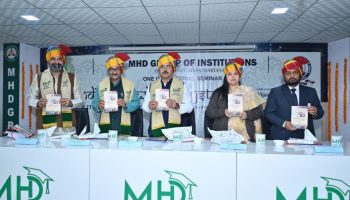
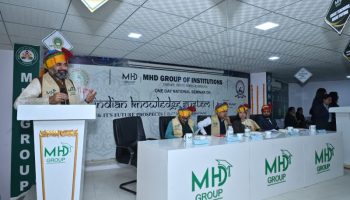
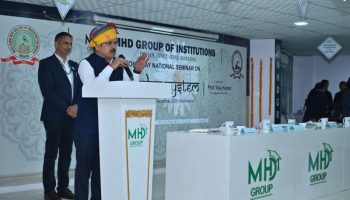
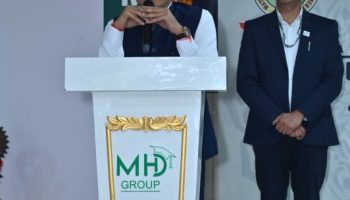
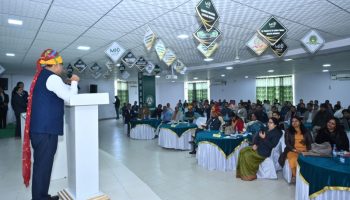
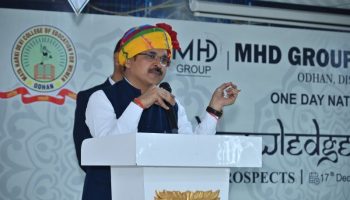
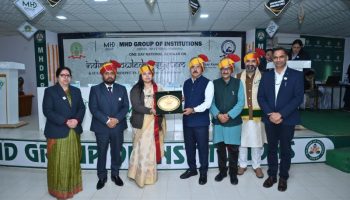
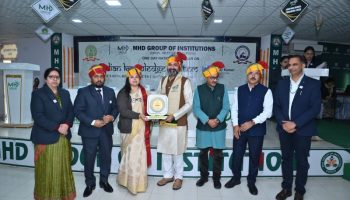
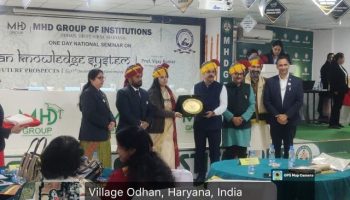
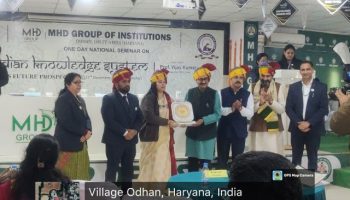
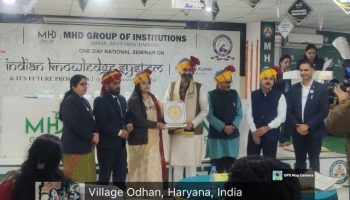




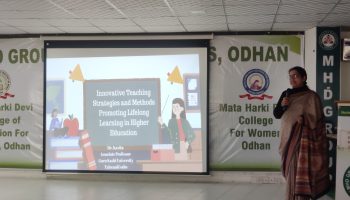
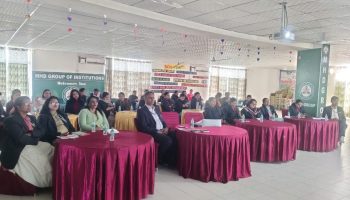
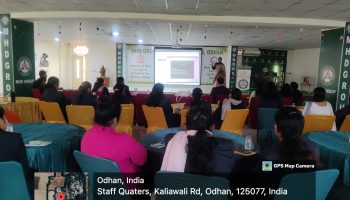
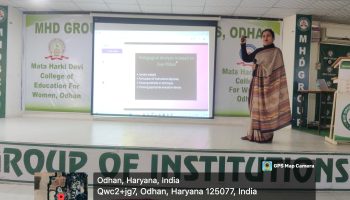
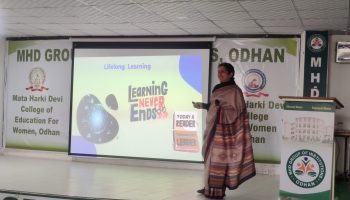
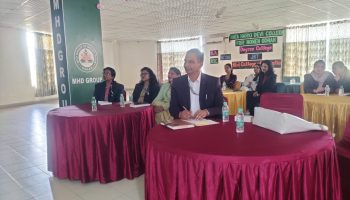
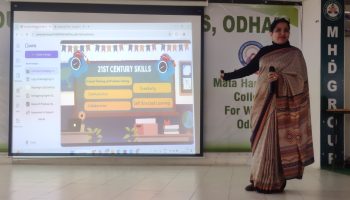
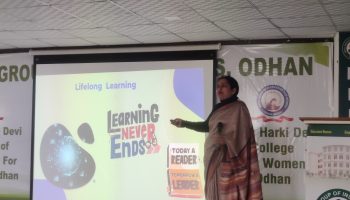
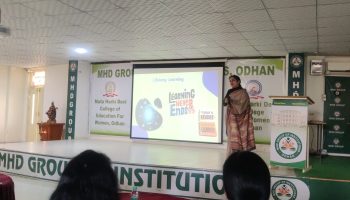

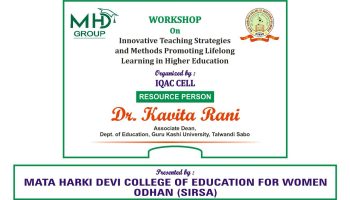
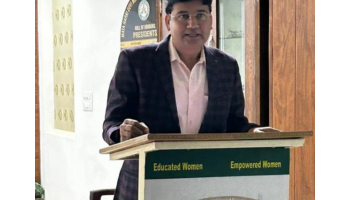
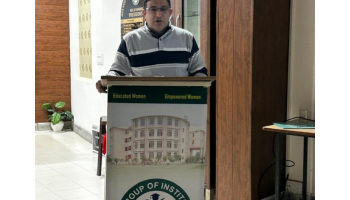
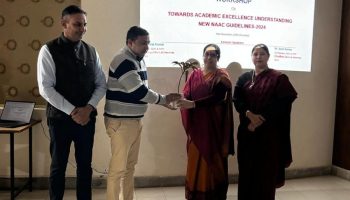
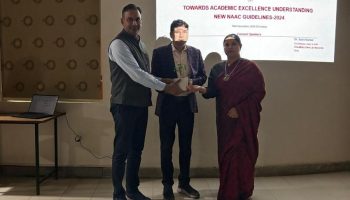
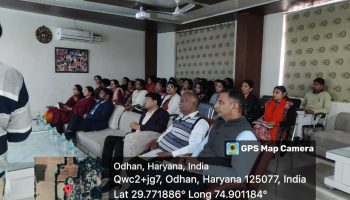
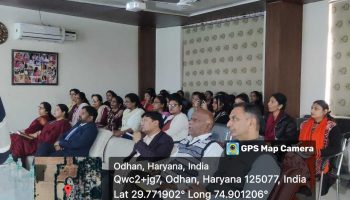
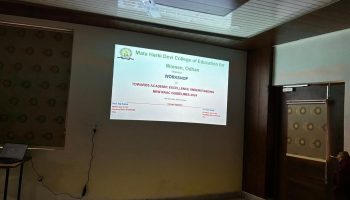
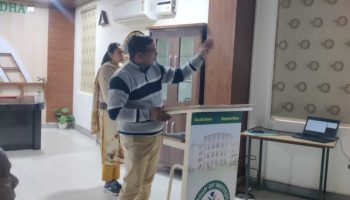
A one-day NAAC workshop titled “Towards Academic Excellence – Understanding New NAAC Guidelines 2024” was organized by Mata Harki Devi College of Education for Women on 10th December 2024. The workshop aimed to familiarize faculty and staff with the updated NAAC accreditation framework introduced in 2024. Eminent speakers for the event were Prof. Raj Kumar, Director, IQAC & NIRF, CDLU Sirsa, and Dr. Sunil Kumar, Coordinator, IQAC & NIRF, CDLU Sirsa. Prof. Raj Kumar provided detailed insights into the revised guidelines, focusing on outcome-based education and the role of internal quality assurance. Dr. Sunil Kumar elaborated on data management, documentation, and the preparation of institutional reports as per the new standards. Both speakers emphasized the significance of continuous improvement and quality enhancement in higher education. Participants actively engaged in discussions and sought clarifications on various aspects of the accreditation process. The workshop was informative, practical, and timely, considering the changes in the NAAC framework. It concluded with a vote of thanks and positive feedback from attendees.
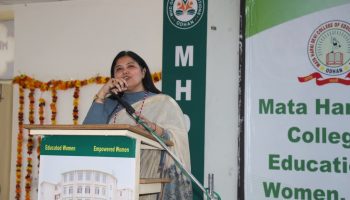
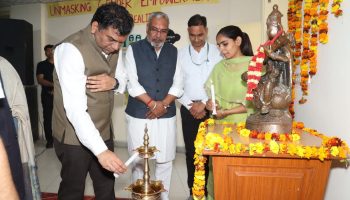
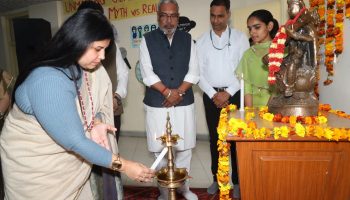
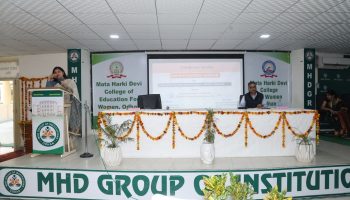
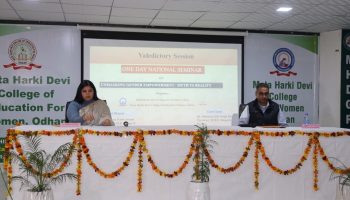
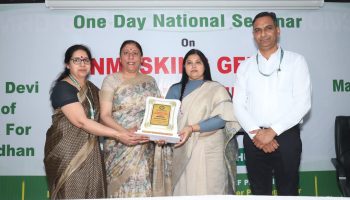
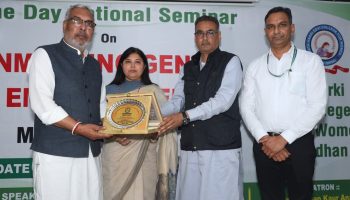
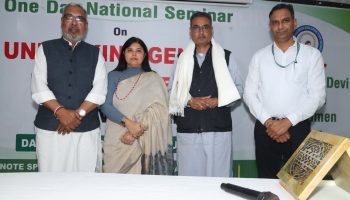
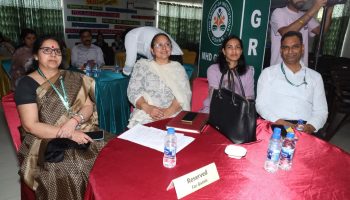
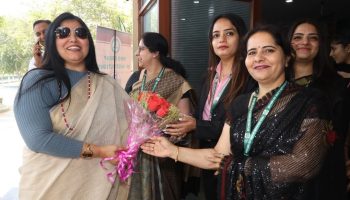
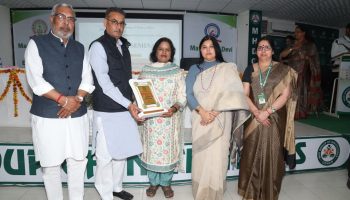
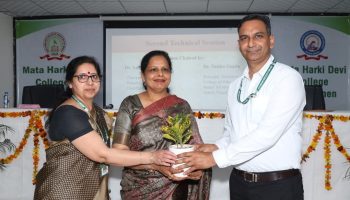
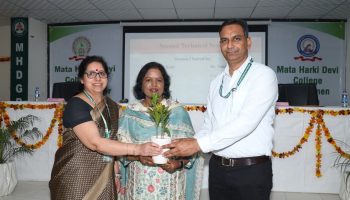
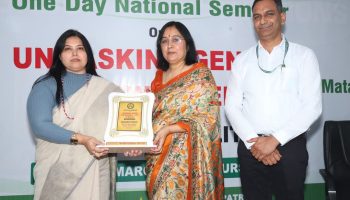
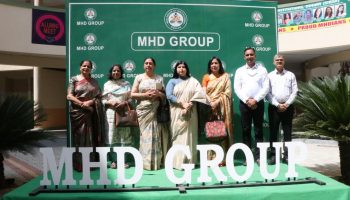
Internal Quality Assurance Cell of Mata Harki Devi College of Education for Women and Mata Harki Devi College for Women organized a National Seminar on the theme “Unmasking Gender Empowerment: Myth vs Reality.” The objective of the seminar was to explore the gap between the perceived progress and actual ground realities of gender empowerment. Prof. Deepti Dharmani, Vice Chancellor, Ch. Bansi Lal University, Bhiwani, was the Chief Guest and shared valuable insights on redefining empowerment. Dr. Rajesh Bansal, Registrar, Ch. Devi Lal University, Sirsa emphasized on policy implementation and awareness. Prof. Nivedita, Dean, Department of Education, Ch. Devi Lal University, Sirsa highlighted education’s transformative role in empowerment. Dr. Ranjeet Kaur, Chairperson, Dept. of Education, Ch. Devi Lal University, Sirsa discussed cultural and social barriers. Sr. Maninder Pal Singh Brar, President of the Mata Harki Devi Memorial Education Society, addressed the need for inclusive platforms. Dr. Kuldeep Kaur Anand, Manging Director, MHD Group of Institutions threw light on the ground reality of equality and women empowerment in the society. Mander Singh Sra, Secretary, MHD Memorial Education Society, also expressed his views on strengthening gender equity. The seminar concluded with an interactive session and a call for collective action.
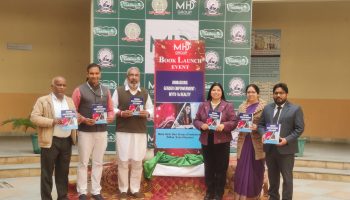
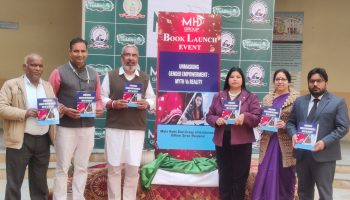

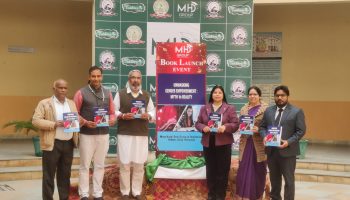
On February 20, 2025 Mata Harki Devi Group of Institutions, Odhan successfully launched a book on the theme Unmasking Gender Empowerment: Myth VS Reality, which aimed to spark dialogue and critical thinking on the difference between the perception and actual reality of gender empowerment in the contemporary society.
This event was graced by Dr. Kuldeep Kaur Anand, Managing Director, MHD Group of Institutions, Odhan Sr. Mander Singh Sra, Secretary, MHD Memorial Education Society, Mr. Shashikant Sharma, Associate Director, MHD Group of Institutions, Dr. Krishan Kant, Principal, MHD College of Education for Women and Dr. Abhilasha Sharma, Principal, Mata Harki Devi College for Women. This book explores the complex realities of gender roles, empowerment narratives and the persistent myths that continue to shape public perception. This book is an effort to bridge the gap between idealism and reality in the context of gender equality.

The college came into existence in 2006 with the initial intake of 100 students under the Presidentship of Ch. Bharat Singh. In 2007-08 the intake was increased to 200.
Our Visitors